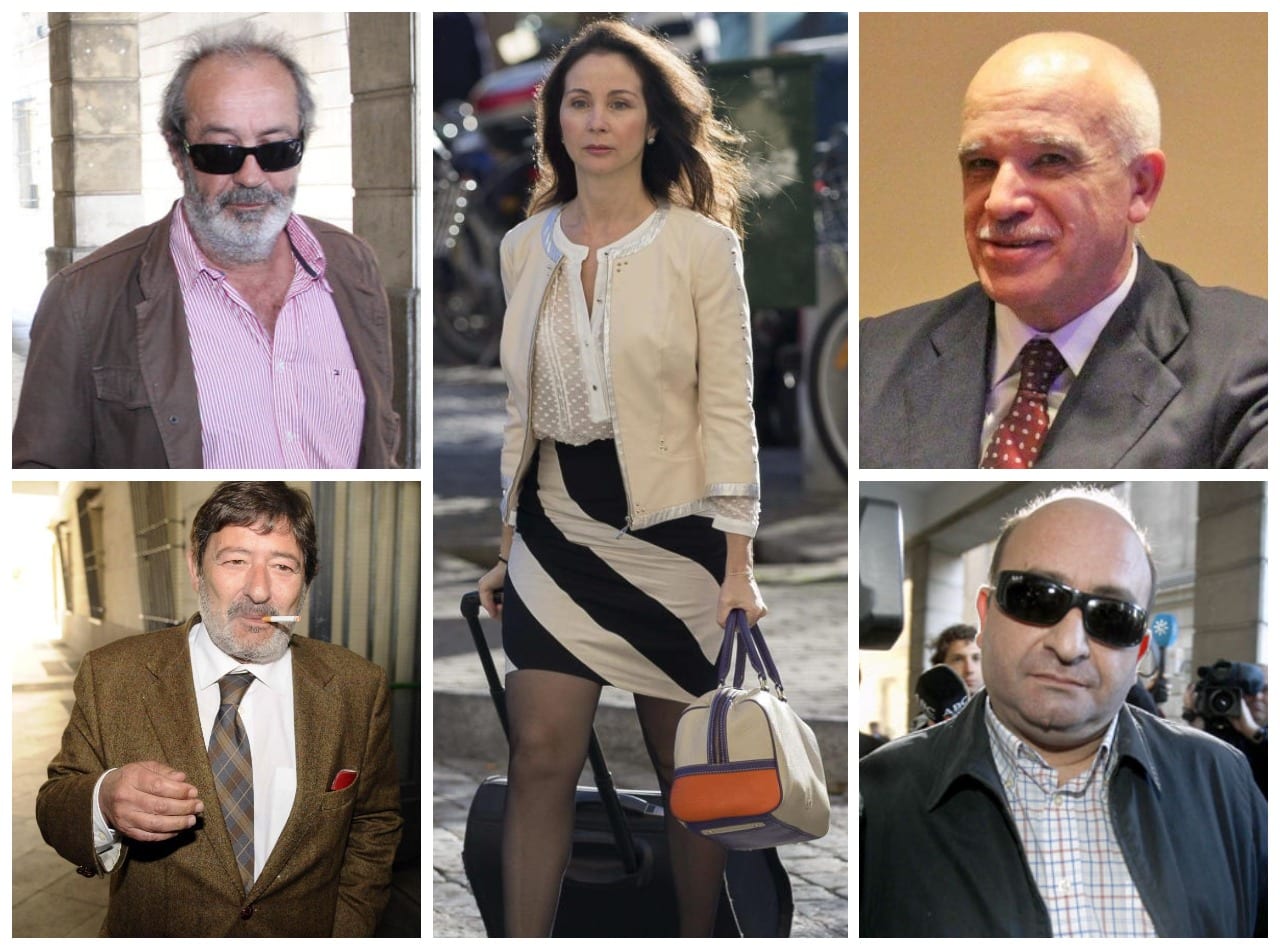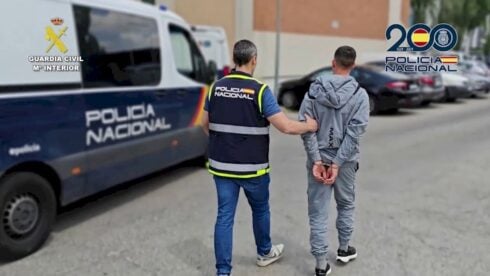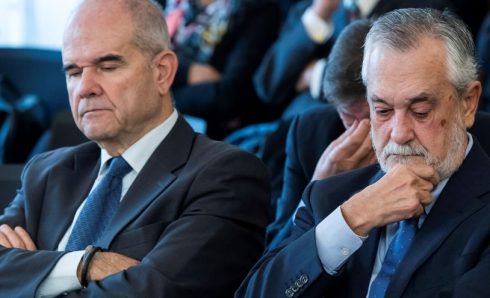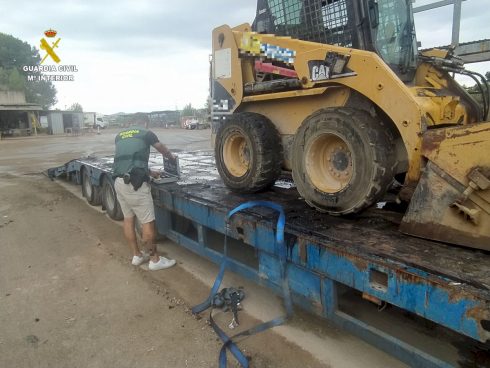OVER €25,000 per month on cocaine, €400,000 for a fake chicken farm and thousands on bottomless gin and tonics.
That’s just a few of the ways €680 million of embezzled Junta de Andalucia cash was spent during the infamous ERE scandal between 2001 and 2009.
Expats and tourists to Spain may have come across the term and perhaps heard the odd anecdote on its significance.
But few will understand its staggering depths of debauchery.
Dubbed the ‘reptile fund’ by those in the know, this vast pool of money came from Madrid with the intention of stimulating employment and aiding ailing companies.
But, in reality, it was illegally syphoned off to pay off friends and key enemies of the Socialist-run Junta, creating what will now go down as the biggest public money corruption case in Spanish history.
Looking like a capo from the mafia, he ruled the roost with energetic aplomb, this now put down to his €25,000-a-month cocaine habit, confirmed by his chauffeur in a sensational court testimony
Let me explain. ERE stands for ‘Expediente de Regulacion de Empleo’, and is a procedure which allows companies facing bankruptcy to fire workers and receive public funding to underwrite severance and early retirement packages. Yes, you’ll have to read that again.
Most of the payments were made off the books and without any form of public scrutiny and, so far, 500 people have been probed since investigations began in 2010.
Involving seven judges, the tentacles of the scandal are buried so deep that the case had to be broken into 146 different probes.
Finally in a high profile trial in Sevilla in November 2019, the highest-ranking former officials finally faced justice.
They included ex-president Jose Antonio Grinan, who was handed six years prison for perjury and misuse of public funds. He was also barred from public office for 15 years.
His successor, Manuel ‘Monolo’ Chaves, was given a nine-year ban from public office for lying to protect his PSOE colleagues during the trial.
They are just two of the so-far 21 ex-politicians handed prison sentences and bans from political life. And it has shocked Spain to the core.
A judge’s hunch

The ERE scandal began when campaigning judge Mercedes Alaya launched a probe into irregularities in the municipal company Mercasevilla.
It came after two former directors attempted to bribe a pair of hotel owners, offering them the concession for a hospitality training school for a cool €450,000.
Unluckily for them, the businessmen recorded the meetings and handed the tapes over to Madrid’s Ministry of Employment, which sent them to the prosecutor’s office.
While the Junta’s then Employment Minister Francisco Javier Guerrero brushed it off as merely a fund which ‘helped businesses breathe’, Alaya realised there was something much more sinister going on.
What quickly became clear was that chain-smoking Guerrero was the man with the keys to the safe.
Looking like a capo from the mafia, he ruled the roost with energetic aplomb, this now put down to his €25,000-a-month cocaine habit, confirmed by his chauffeur in a sensational court testimony (more of which later).
He could make anything happen, as long as you played by his rules, voted Socialist and made sure he got his generous kickbacks.
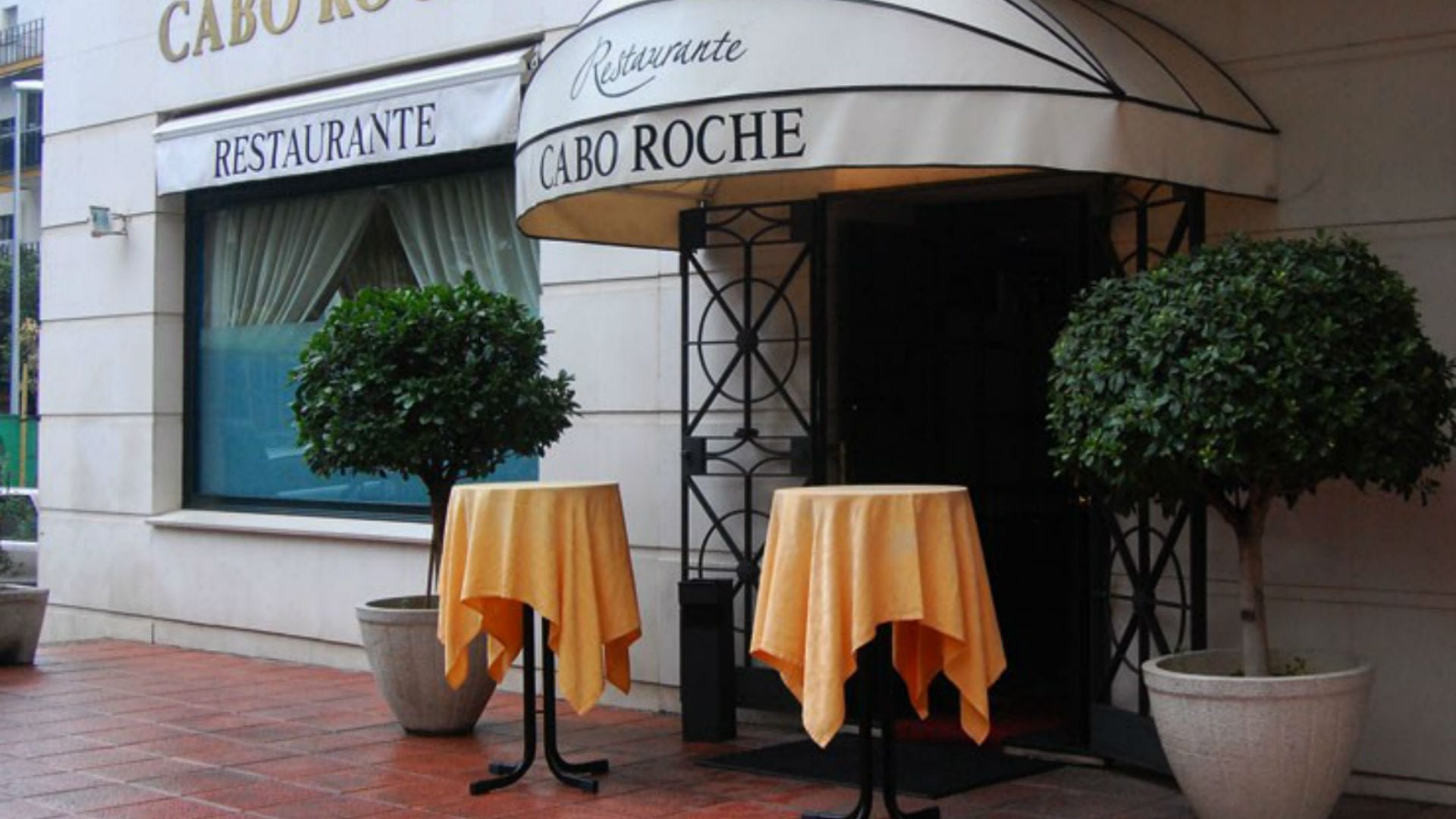
He handed out cash from the fund at will, and literally dozens of friends and neighbours benefited.
They included pal Jose Llorente, who received a severance package from cork production company Aglomerados Morel – despite never having worked there.
He later told investigators he thought the money arriving into his account was ‘a gift from God’.
Another neighbour was ‘fired’ from a bogus company that he never worked for, earning himself a €1,100 a month severance package from 2003 until 2013.
Deals were notoriously made by Guerrero with a gin and tonic in hand at his favourite Sevilla restaurant, Cabo Roche, and nearby drinking spot El Caramelo.
But it was in his hometown of El Pedroso, in the rolling Sierra Moreno hills north of Sevilla, where he was really loved.
The Marques
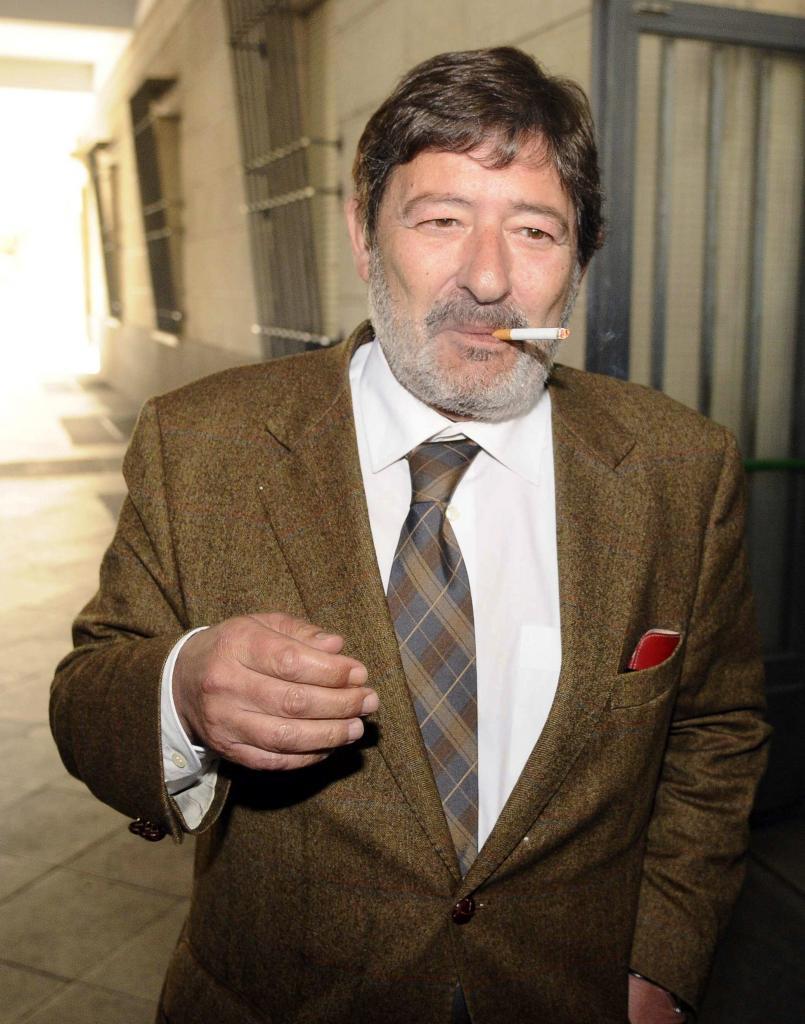
Playing the role of Robin Hood, he garnered the nickname, ‘the Marques’ and showered residents with millions of euros.
The former mayor, he handed out countless early retirement packages for locals who had supposedly worked in the nearby Alquife mine – despite them never having set foot in them.
The truth is, almost no-one had. The tiny village of 2,000 citizens had only a distillery and a cork extraction plant to rely on for employment.
But that was all to change, on paper at least, when PSOE councillors Jose Rosendo and Jose Sayago set up a fake network of companies listing dozens of local residents taking early retirement.
In total, the group was paid around €60 million over five years to do nothing.
Regionally, the reptile fund handed out money in a similar way to hundreds of businesses in hundreds of towns and villages.
The vast majority, however, was usually squandered on home decorations, foreign holidays and fast cars
It included the formation of dozens of language schools, IT and marketing companies and organic fruit and veg businesses. Almost all fake.
So brisk was the trade that a separate company was set up in Sevilla to furnish these ‘firms’ with computers, desks and filing cabinets… and even personnel, if none could be found locally on the day the inspectors came to visit.
For that was the deal: you could get a fund of up to €450,000 per firm, which would be delivered a few days after an official inspection from the Junta.
As the Olive Press reported a few years ago, a truck would arrive with the necessary number of desks and computers a day before the inspection and then return a day later to pack them away.
All you needed was a local office which, of course, was easy to find care of the local Socialist-run town hall.
The money would then be spent on various kickbacks to key personnel, family and friends. The vast majority, however, was usually squandered on home decorations, foreign holidays and fast cars, with El Pedroso’s councillors opting for family holidays together in Greece and China, for example.
The Minister
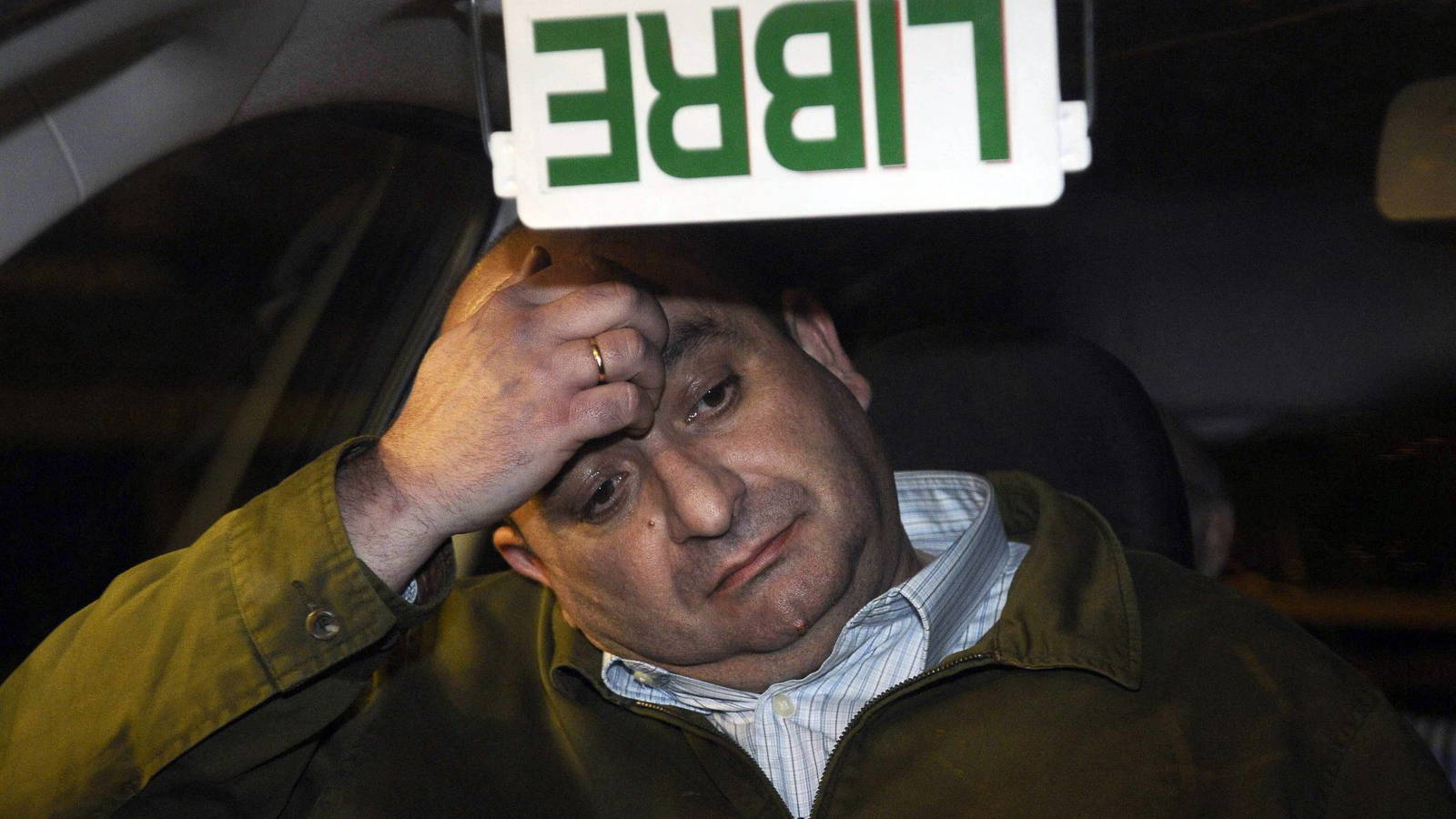
It was Guerrero’s so-called ‘cocaine chauffeur’ who offered up the most detailed and scandalous testimony.
Driver Juan Trujillo admitted to judges how he spent at least €900,000 of public cash on cocaine, booze and ‘partying’ at brothels with his boss.
He was known as ‘the minister’ in his hometown of Andujar, a tiny hamlet north of Jaen best known for being an epicentre for the recovery of the Iberian lynx.
He admitted taking €1.4 million in public aid for business projects which never materialised.
“He is well groomed, as always,” one local told a national newspaper, “Like a minister, in fact, and that’s why we call him ‘the minister’”
The grants were given to front companies including Iniciativas Turisticas Sierra Morena and Logica Estrategica Empresarial de Trujillo Blanco.
One such business included an alleged chicken farm, for which he received €450,000.
And one of the sacked workers from these firms saw him give €122,468 to his mother.
As he awaits his sentence – for more are set to be handed down – Trujillo is back in Andujar with his wife.
“He is well groomed, as always,” one local told a national newspaper, “Like a minister, in fact, and that’s why we call him ‘the minister.’”
The Union boss
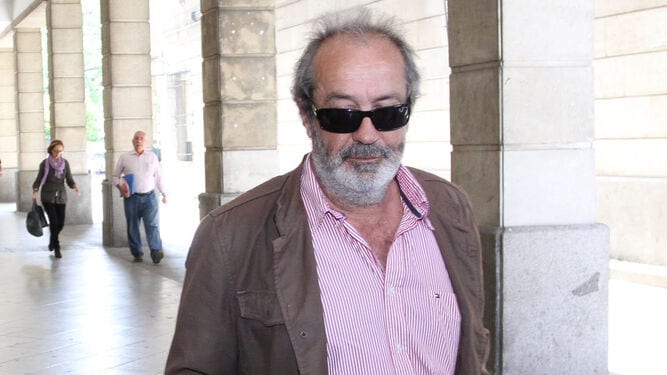
Another man yet to hear his fate is Juan Lanzas, a leading trade unionist who allegedly pocketed up to €13 million in commissions for admitting companies into the corrupt network.
His mother once boasted to locals in their hometown of Albanchez de Magina, in Jaen: “Mi hijo tiene dinero para asar una vaca,” (my son has enough money to roast a cow…essentially, he had money to burn).
And she wasn’t wrong, given this true socialist from the UGT union bought 16 properties with his loot and had €80,000 cash stashed inside a mattress.
Despite paying €450,000 to be released on bail in 2013, prosecutors are seeking an eight-year sentence in his upcoming trial.
Like any corruption case, there are those who have managed to evade the long – and in Spain’s case slow-arm of the law.
The Missing money-man
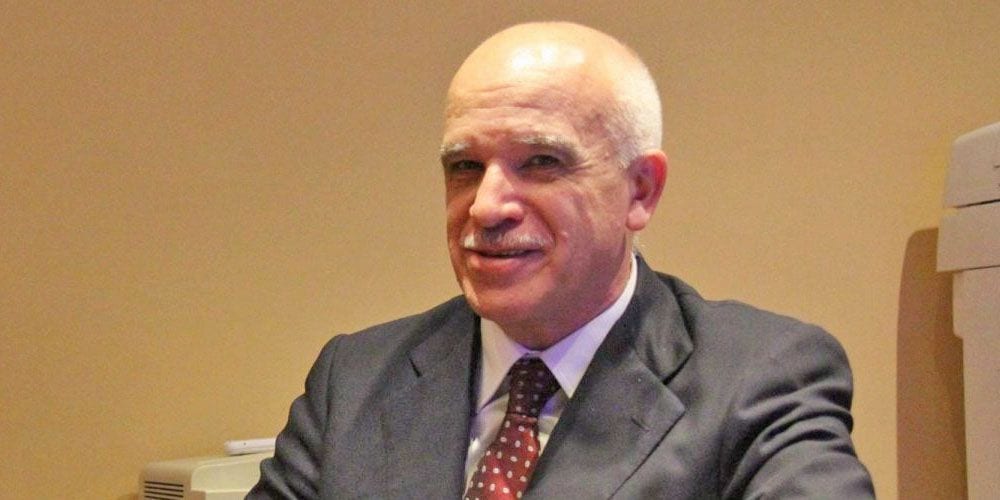
Eduardo Pascual Arxe, a former Catalan banker who helped commission the fraudulent EREs, fled to Africa in July 2015 and is yet to be found.
The slippery money man was once the president of Eurobank, which he fraudulently bankrupted and enriched himself to the tune of €12 million some 15 years ago.
That trial only began however, in the spring of 2015 and by that summer, Arxe had left for Burkina Faso.
Wanted for the bank collapse and his role in the ERE case, he set in motion an escape plan he had planned some years earlier.
Back in 2005, after investigations had begun, he married a Bolivian woman 25 years his senior.
He used his marriage to acquire Bolivian nationality and changed his name to Marcellino Jose Monasterios Arce.
He first fled to Guinea Conakry before settling in Burkina Faso, where he began cultivating medical marijuana.
Despite being arrested in the capital of Ouagadougou in 2017, an administration error in the extradition request from Spain’s National Court meant the Burkina Faso authorities had to let him go.
They did say he would have to appear in front of a court every three days but, predictably, he vanished again and is now believed to be hiding in the Republic of Benin.
Spanish police are said to be working on a new plan to have him brought back to face justice.
It’s just one of dozens of linked stories which have fed Spain’s column inches since the ERE story broke.
Click here to read more Crime & Law News from The Olive Press.

